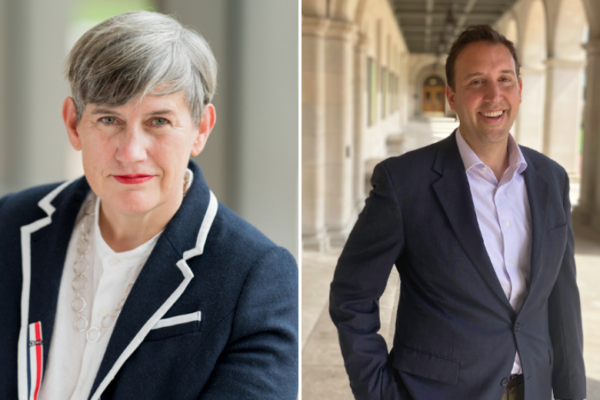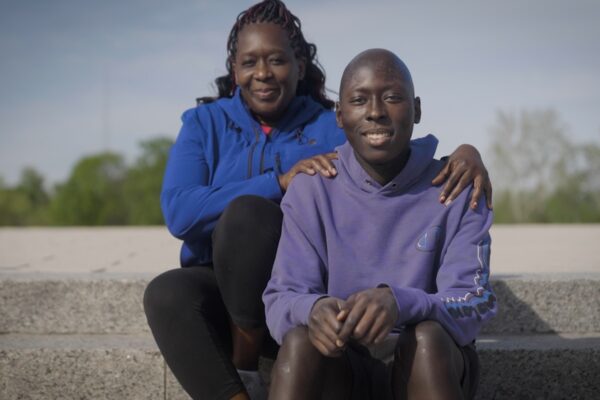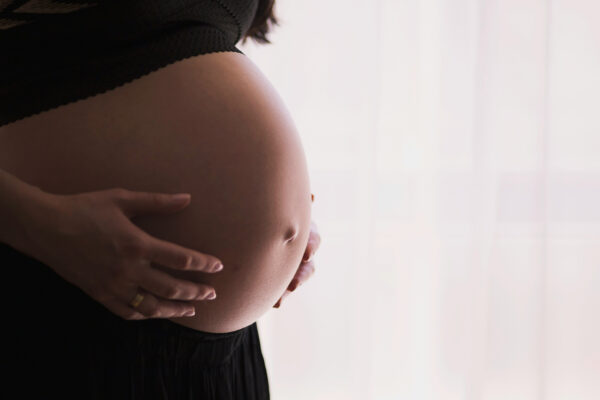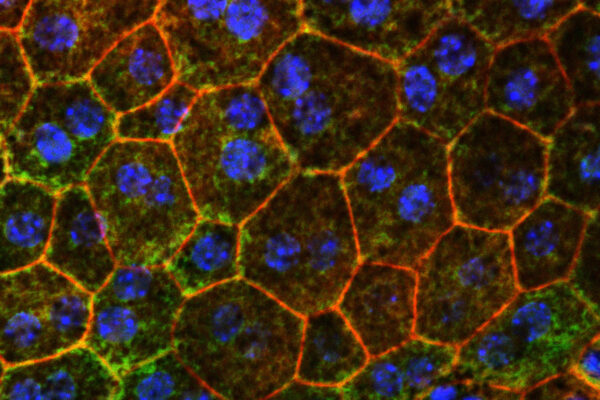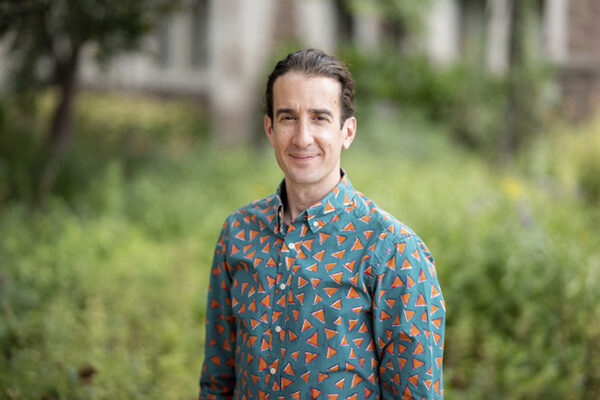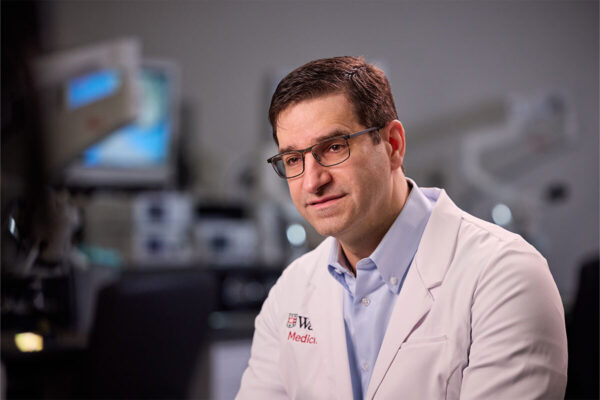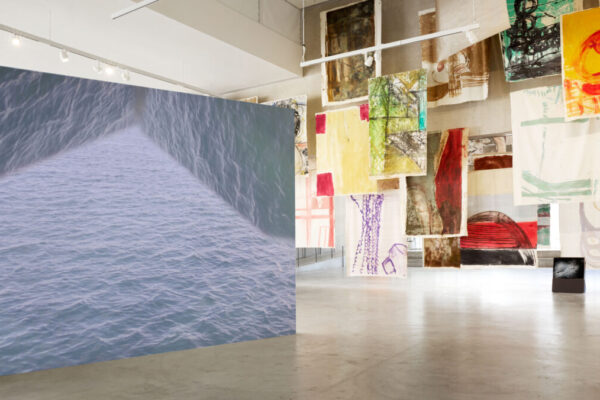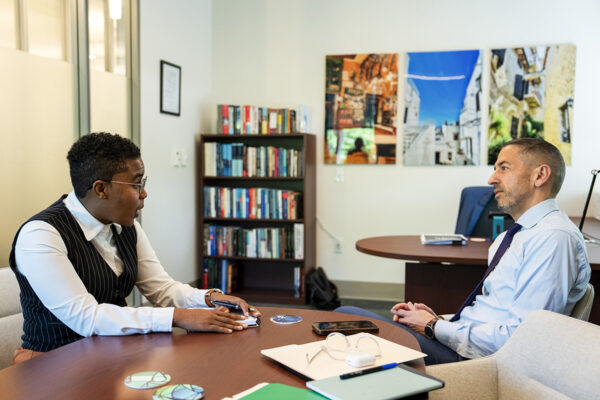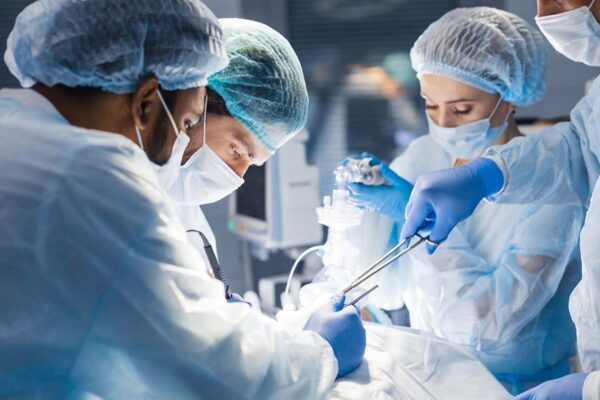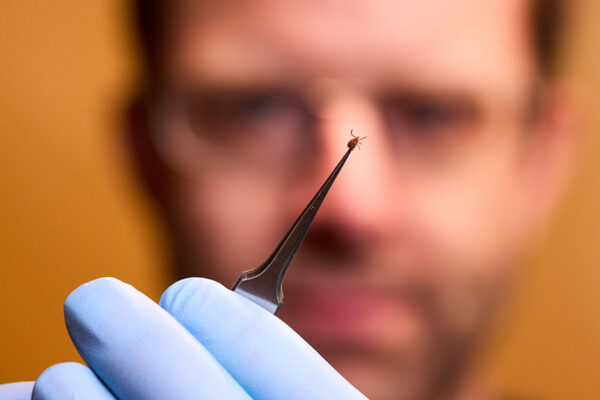Brown School faculty win $1.4M grant to study economic mobility, wealth gaps
Two Brown School faculty members have been awarded a combined $1.4 million in grants from the Ewing Marion Kauffman Foundation to support research focused on improving economic mobility and reducing wealth disparities.
Region’s first patient receives sickle cell gene therapy
The first sickle cell disease patient in the St. Louis region has been successfully treated by WashU Medicine physicians at St. Louis Children’s Hospital with a gene therapy newly approved by the Food and Drug Administration.
Sleep data from wearable device may help predict preterm birth
An interdisciplinary research team at Washington University in St. Louis has found that variability in sleep patterns in people experiencing pregnancy can effectively predict preterm birth.
Strategy to prevent age-related macular degeneration identified
Fixing problems with cholesterol metabolism might help slow or prevent age-related macular degeneration, a leading cause of blindness in older adults, a new WashU Medicine study in mice has shown.
A unified theory of the mind
Biologist Keith Hengen in Arts & Sciences at Washington University in St. Louis says “criticality” is the key to understanding how the brain works — and how to keep it free from Alzheimer’s and other diseases.
AI-based brain-mapping software receives FDA market authorization
The FDA has given market authorization to a WashU startup’s technology that quickly and accurately maps the sensitive areas in patients’ brains to help neurosurgeons plan safe and effective surgeries.
Where the WashU community goes to see art in St. Louis
St. Louis is known nationally for its excellent (and free) art. Here, staff, faculty, students and alumni of WashU share their favorite places to view visual art around St. Louis during the summer.
$3M grant fuels global effort to transform health research and policy
WashU public health experts are leading a $3 million global initiative to revolutionize health research, making it faster, more inclusive and more responsive to urgent policy challenges.
Predicting pain with machine learning
Researchers at Washington University in St. Louis are using machine learning to better predict who will experience persistent pain after surgery.
How to stay safe from ticks and mosquitoes in the Midwest
Before venturing out into the woods, a nearby park or even your backyard, keep an eye out for mosquitoes and ticks, which can be vectors, or carriers, for pathogens that can cause disease. Scientists at WashU’s Tyson Research Center explain the risks and how to stay safe.
View More Stories
